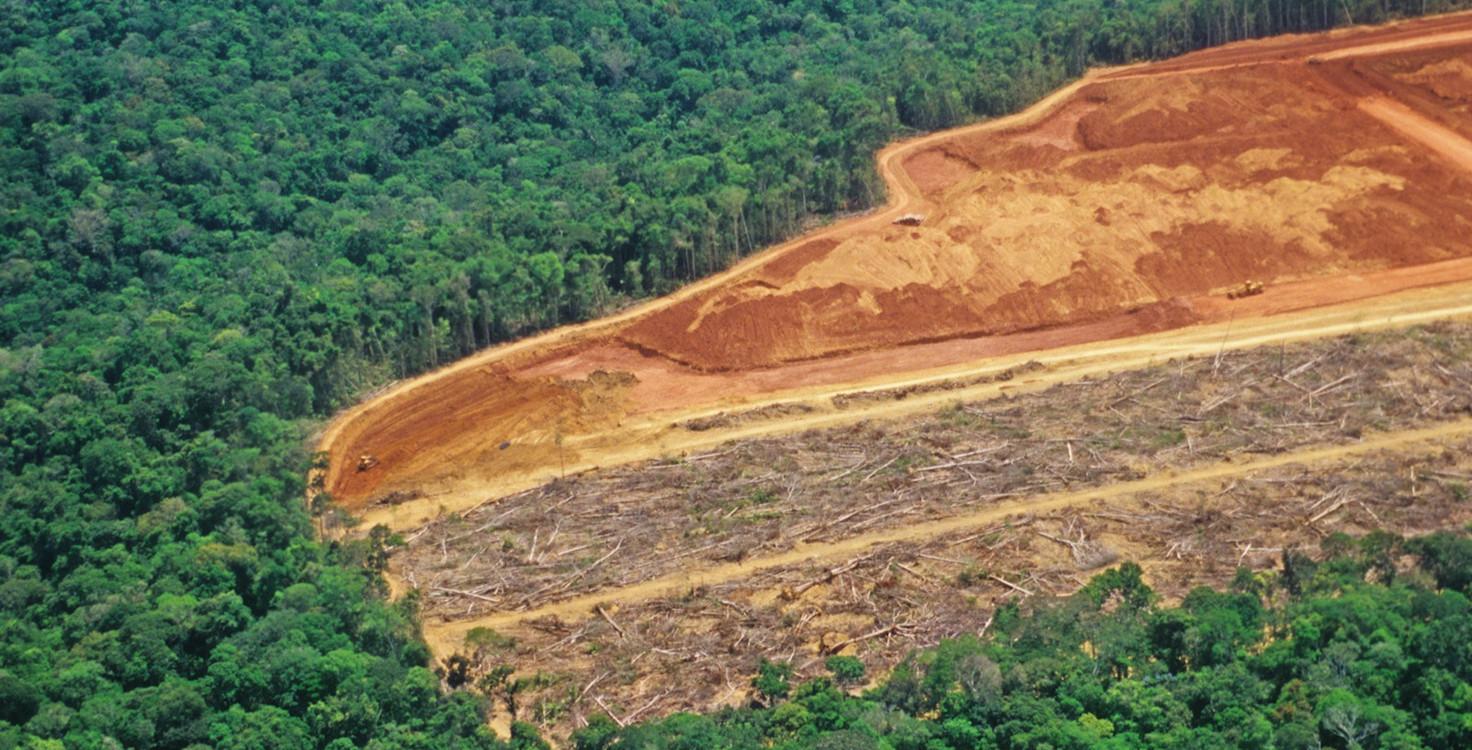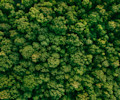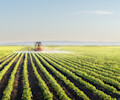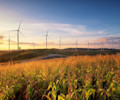By Failing to Halt Deforestation, the Risk of Deadly Zoonotic Disease Is Soaring
The tragic public health consequences and enormous economic cost of tackling the COVID-19 crisis have, understandably, overshadowed reports that deforestation of the Amazon has jumped by 64% compared with the same month last year. But investors need to continue acting on deforestation risk, not least because the seeds are being sown for future zoonotic disease outbreaks.
Forests as Armour
We’re all aware that forests are the lungs of the earth, and that deforestation generates significant climate risk for investors – something the FAIRR Initiative’s investor network has been active on through both the Statement of Support for the Cerrado Manifesto and support for the Amazon Soy Moratorium.
However, few realise that closed forests are also a shield against external communities coming into contact with animals that are hosts for disease-causing microorganisms. When viruses are isolated and in equilibrium with their habitat (e.g., in a closed forest), they do not pose a threat to humans. But when this natural reservoir is cut down, we start playing with fire.
In the Amazon, several studies have already revealed the devastating impact deforestation can have on the prevalence of zoonotic diseases. One study found that for every 1% of forest that was cut down per year, malaria cases increased by 23%. It also found that the incidence of leishmaniasis, a disease transmitted by a sandfly-borne parasite, seemed to relate directly to levels of deforestation.
Even before COVID-19, scientific studies had revealed a connection between deforestation, the proliferation of bats in damaged areas of forest and the family of coronaviruses, which includes the current lethal strain.
Destroying Our Shield
In 2019, deforestation in the Amazon reached a record-breaking 9,762 km2 and now, even in the midst of the global pandemic, indigenous groups’ territory is still being invaded by loggers and hunters. A controversial new law passed in April means that long-held indigenous lands will not keep their “indigenous” status in the land registry whilst they await official demarcation. This creates a route for those who illegally occupy indigenous lands to claim that the land is not indigenous.
A recent Provisional Measure, MP 910, allows those who illegally deforested and occupied protected federal lands before December 2018 to purchase the property at reduced prices, subject to certain conditions. Critics argue that this would ultimately reward illegal land grabbers who seized protected lands from indigenous tribes. An analysis found that the measure could result in more deforestation – up to 16,000 km2 by 2027. The provisional measure, passed in December 2019, expired on 19 May 2020.
The measure has been opposed by ex-cabinet ministers, researchers, and over 132 Brazilian NGOs, as well as international food retailers and global investors.
The Brazilian government was due to vote on whether to incorporate the measure into a new bill, PL 2633/2020, on 20 May 2020. However, the vote on this measure in the National Congress was removed from the programme at the last minute. According to media reports, this is due to a disagreement within the Brazilian Congress between those who oppose the bill, and those that believe it does not go far enough.
In addition to the detrimental climate and biodiversity impacts, entering and exiting the closed forest to cut down trees, raise cattle or mine can pose a catastrophic danger to public health. People who enter these areas can come into contact with viruses and transport it to urban centres, where they disseminate very quickly. Meanwhile, people infected with viruses entering the closed forest can have a disastrous impact if they transport a new virus into isolated indigenous groups.
We are in a vicious cycle: COVID-19 is accelerating deforestation, and deforestation, in turn, increases the risk of zoonotic disease. Given that an analysis found that bats in Brazil carried at least 3,200 types of coronavirus, alarm bells should be ringing. The Amazon and Cerrado are a likely centre for future epidemics if the region is not respected and managed carefully.
Call to Action for Investors
As part of its work to protect the Cerrado biome, FAIRR is encouraging investors to use their influence to mobilise corporate and civil society discussions through the Cerrado Working Group (GTC) to halt deforestation and conversion associated with soy production in the Cerrado. Results from the Coller FAIRR Protein Producer Index highlight the urgency needed. In 2019, 44 animal protein producers (88%) valued at $229 billion were categorised as ‘high risk’ on deforestation, including 31 (52%) which provided no disclosure at all on this issue.
Careful attention on local policymaking is crucial to protect forests. A group of 41 corporations, industry bodies and investors have signed an open letter asking Brazilian legislators to reconsider voting in favour of Provisional Measure 910, now PL 2633/2020, to protect the Amazon, meet the targets of the Paris Agreement and uphold indigenous communities’ rights. The removal of the bill from the original voting programme on 20 May suggests that international pressure has had an impact – but this is not the end of the story.
It’s clear that the private sector will need to take the lead in finding anti-deforestation solutions. And as the connection between deforestation and the risk of deadly zoonotic disease outbreaks has come to light, the time for investors to engage on the issue is now.
Read more about the FAIRR Initiative’s work building investor support for the Cerrado Manifesto, which has been endorsed by over 150 companies and institutional investors.
FAIRR insights are written by FAIRR team members and occasionally co-authored with guest contributors. The authors write in their individual capacity and do not necessarily represent the FAIRR view.










